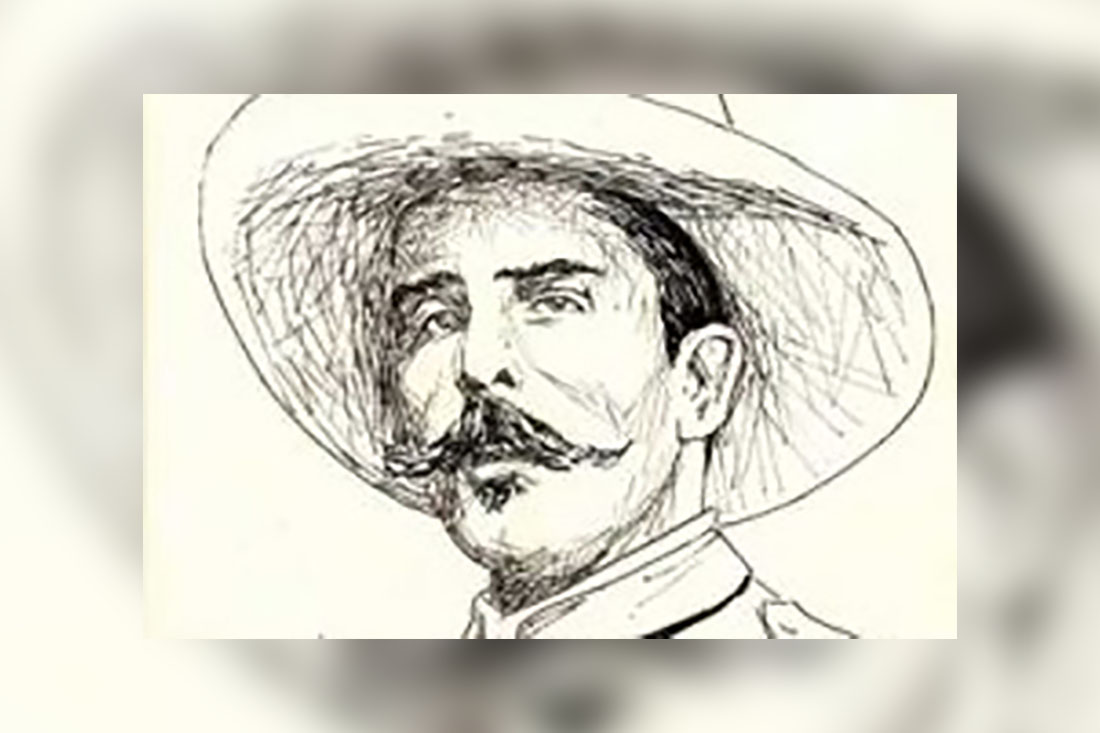Only 10 years old and already mambí!? Bernabé Boza Sánchez was born on February 4th, 1858 in Puerto Príncipe, Camagüey. Some texts place the date in that same year, but on April 11th. The truth is that he joined the Great War in 1868. He was the nephew of Manuel and Jerónimo Boza Agramonte. What a lineage of warriors, independentistas, patriots!
He participated in numerous combats in Camagüey, Las Tunas, Santa Clara, Sagua, among others. His actions allowed him to obtain the rank of First Sergeant in the Agramonte Cavalry Regiment Squadron (1st Brigade 2nd Division 3rd Corps).
Maximo Gomez and Bernabé Boza
After having fought in San Jerónimo, Ciego de Molina and Las Piedras, Major General Máximo Gómez appointed him Chief of his escort.
In the preparatory stage of the Invasion he stood out for his participation and courage. He reached the province of Havana. Before marching along with Gómez, he fought in Moralitos, San Pablo and Algarrobo.
Back in Camagüey, according to the Encyclopedic Dictionary of Military History of Cuba, Boza took part in important combats such as the siege of Cascorro and those of El Desmayo, Lugones, La Marina and La Conchita.
On May 4th, 1897 he was appointed Chief of the General Staff of the General in Chief. In June 1898, Gómez sent him to the United States of America with the mission of communicating to the North American command the campaign plan that he had planned for the Cuban and North American armies.
After completing this mission in Key West, he led the shipment of food and medicine to Cuba, plus 26 expedition members. They disembarked at Punta Alegre, between Morón and Camagüey, on the schooners Ellen M. Adams and Dellie, on August 14th, 1898.
He was promoted to Brigadier General on June 26th, 1898. He graduated on June 1st, 1899, and that same year he was appointed Mayor of Santa María del Rosario -Havana- by the intervening government.
In the Republic he was an anti-annexationist. He held a seat in the first House of Representatives that the Republic had and was re-elected in February 1904. He joined the Patriotic Board of Havana on October 10th, 1907, to oppose the annexationist current that during the second US military intervention claimed that Cuba became a protectorate of the United States of America. He died on March 16th, 1908, in Havana.
References:
– Diccionario Enciclopédico, Primera Parte (1510-1898) Tomo 1. Biografías (2014) Editorial Verde Olivo, La Habana.
Translated by: Aileen Álvarez García






